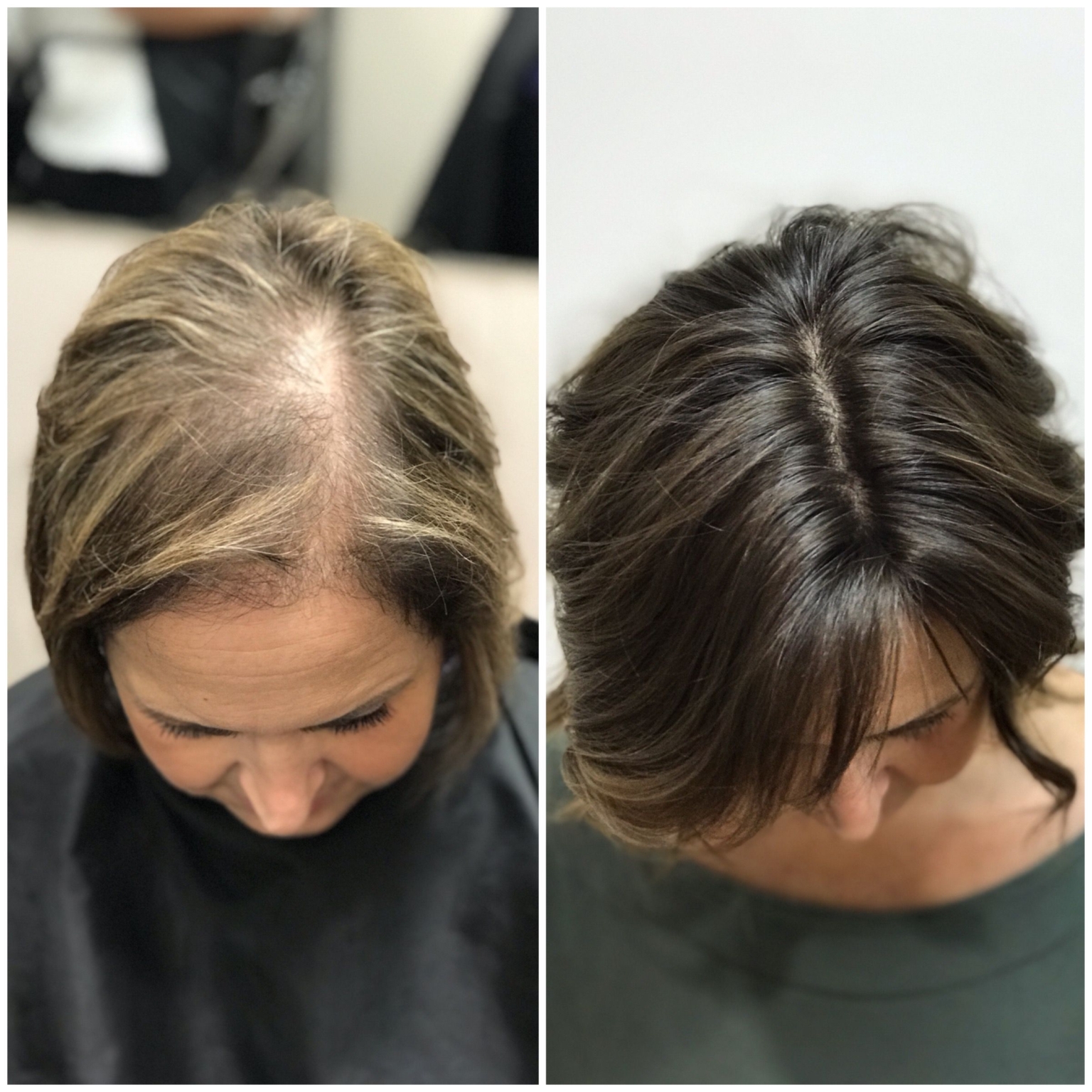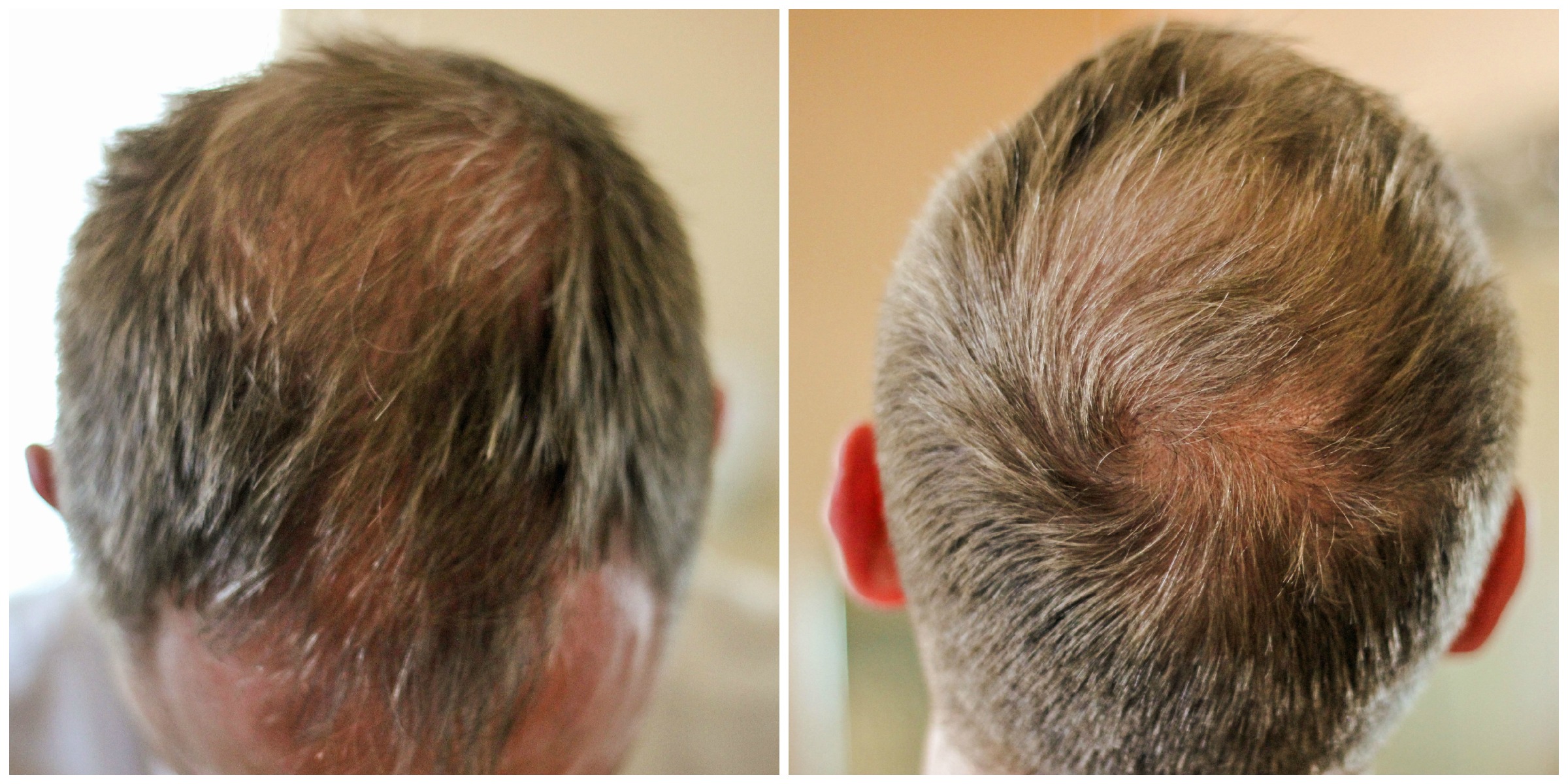Table Of Content

Treatments can help people with certain types of hair loss. For conditions like alopecia areata that may affect children as well as adults, groups can provide emotional support and even help you buy wigs or find other ways to cope. It's typical to lose some hair every day as part of your hair’s usual growth cycle.
Medication
Menopause and hair loss: everything you need to know - Women's Health UK
Menopause and hair loss: everything you need to know.
Posted: Wed, 31 Jan 2024 08:00:00 GMT [source]
If you have alopecia, you can help hold onto your tresses by avoiding behaviors that are known to contribute to temporary and permanent hair loss, Mirmirani says. While alopecia doesn’t typically affect your physical health, the emotional and psychological distress it can cause are very real. If thin areas are easy to spot, consider a weave, a hairpiece, a scarf, or a hat. Good-quality wigs are more comfortable than ever -- and they rarely have bad hair days. If hair loss affects your job or social life or makes you not want to leave the house, talk with a counselor. Certainly when those testosterone levels rise, DHT is even more of a problem.
stress

There are several misconceptions about this type of hair loss, so let’s dig into them more closely here. A person should talk with a healthcare professional before using essential oils and research the quality of a particular brand’s products. It is also important to always do a patch test before trying a new essential oil. A number of home remedies may improve hair growth, although not all of them have scientific backing. If your hair loss is due to a medical condition, the cost of a wig might be covered by insurance.
Nutrafol Women's Hair Growth Supplement

Affecting men and women, alopecia areata occurs when the immune system mistakenly attacks hair follicles. This autoimmune disorder typically causes round, bald patches. In addition, skin disorders, such as psoriasis, can spread to the scalp, affecting hair growth. Minoxidil (Rogaine) is a topical medication (the type you apply to your scalp) approved by the FDA for female pattern hair loss.
Special Health Reports
While you can take steps to slow this process, the physical changes in your body make it difficult to stop losing hair entirely. The earlier you treat hair loss, the better the outcome. Dietary factors and nutrition can also play a role in male hair loss. For men, deficiencies in zinc, niacin, and protein and excess intake of vitamins A and E have been linked with male pattern baldness and other types of hair loss. As in women, hair loss in men can be a natural result of changes in the body due to aging. Healthcare providers refer to age-related hair loss as "senescent alopecia," which differs from male pattern hair loss.
Diet
The advertisements for the treatment of balding and hair loss in men can’t be missed. These ads might lead one to believe that hair loss is generally an issue affecting men. However, the fact is that as many as two-thirds of all women experience hair loss at some point. During a hair transplant procedure, a dermatologist or cosmetic surgeon removes hair from a part of the head that has hair and transplants it to a bald spot. Each patch of hair has one to several hairs (micrografts and minigrafts). Sometimes a larger strip of skin containing multiple hair groupings is taken.
What is the prognosis (outlook) for people with hair loss?
A general practitioner has revealed the eight reasons why your hair may thinning over time as it can be linked to a women's immune system or even your diet. With new techniques, many women benefit from hair transplantation surgery. But there are risks, including infection or shock that can cause hair to fall out of the transplanted areas. It can be helpful to keep a hair diary to track any changes you notice or symptoms you experience and to look for patterns. In addition, a healthcare provider might recommend forms of light therapy like using the HairMax Lasercomb®.
10 habits for good health
If your hair loss is caused by an underlying disease, treatment for that disease will be necessary. If a certain medication is causing the hair loss, your doctor may advise you to stop using it for a few months. Male-pattern baldness typically appears first at the hairline or top of the head. Shampoos for thinning hair or hair loss also contain vitamins and amino acids to promote a healthier scalp.
If you have hair loss due to stress or hormone changes like pregnancy, you may not need treatment. "And then what happens is that density just simply decreases over time. And in extreme form, there can be absence of hair on the crown of the scalp." “Certain chemicals found in shampoos, conditioners, hair dyes, and styling products can strip the hair of its natural oils, leading to dryness, breakage, and hair loss. Alopecia areata is an autoimmune disease that causes hair to fall out in nickel- or quarter-size patches.
Triggers range from medical conditions -- as many as to stress and lifestyle factors, like what you eat. As a starting point, hair loss experts suggest you get tested for thyroid problems and hormone imbalances. Chemotherapy, certain other drugs and radiation treatments can prompt hair loss, mainly in the growth phase. It is typically temporary (unless the follicles are damaged). With some types of hair loss, like androgenetic alopecia, the changes to the hair are permanent.
Some treatments and home remedies can help improve the hair’s strength and overall health. In most cases, thinning hair does not result from overall health issues. If a person is concerned about hair loss or if it affects their mental well-being, they may wish to consult a doctor. After 6 months, both the participants applying rosemary oil and those applying topical minoxidil experienced significant hair growth.
And while the signs might not be as obvious as in men, about 55% of women experience some hair loss by the time they're 70. Treatments to prevent or stop it can help many women who are losing their hair. “While not all women experience hair loss during menopause, those who do may find it distressing.
That’s because high hormone levels keep resting hairs from falling out. But after the baby comes, things go back to normal and those strands will fall out quickly. It could take up to 2 years for your locks to return to normal. Testosterone converts to DHT with the aid of the enzyme 5-alpha reductase. Scientists now believe that it's not the amount of circulating testosterone that's the problem but the level of DHT binding to receptors in scalp follicles. DHT shrinks hair follicles, making it impossible for healthy hair to survive.

No comments:
Post a Comment